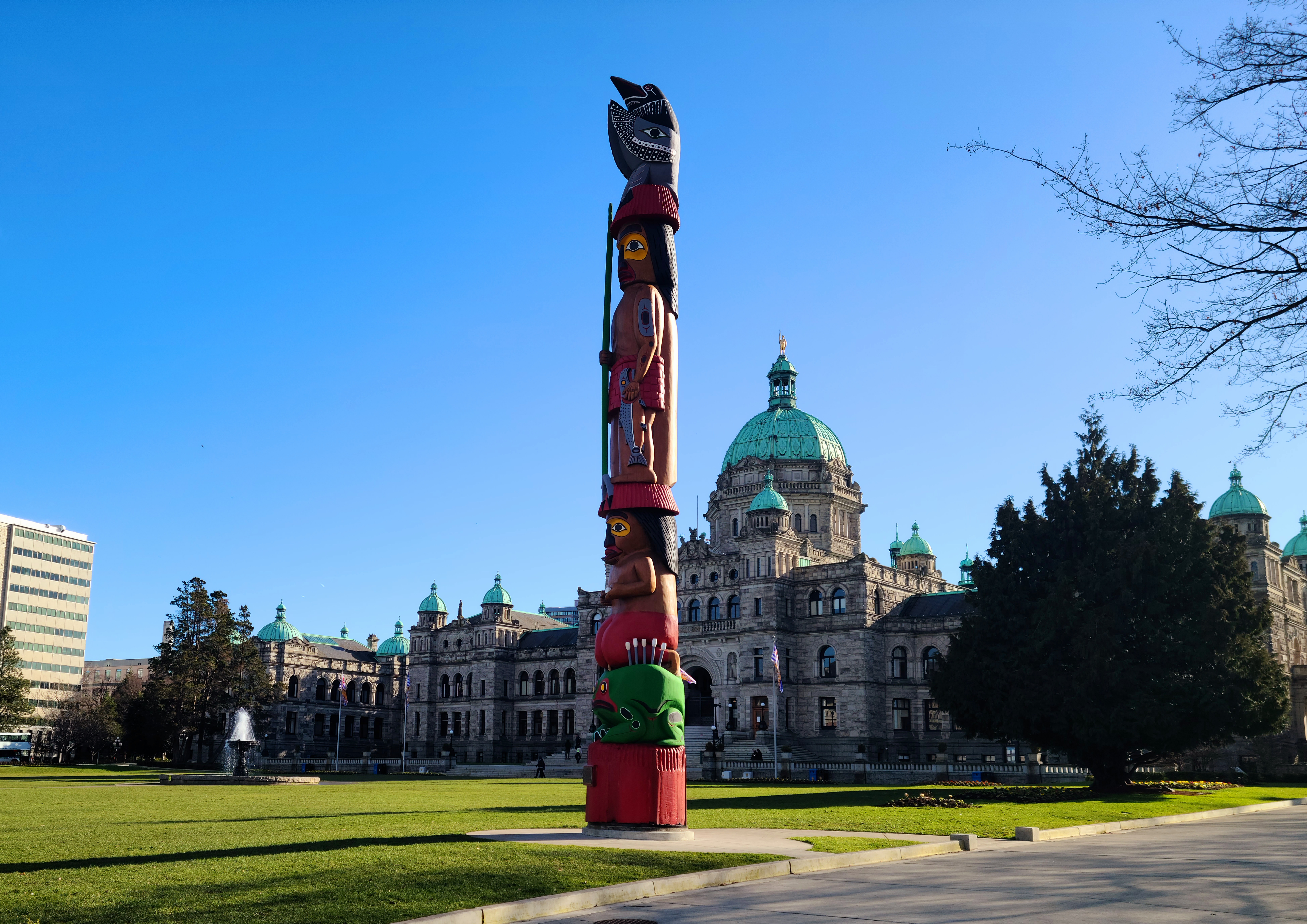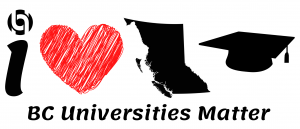
CUFA BC Responds to COVID-19 Return-to-Campus Primer
April 30, 2021

The Primer provides high-level guidance to help institutions prepare for the return to campus and was developed by a team of experts from the public post-secondary sector in partnership with the ministry and representatives from BC Centre for Disease Control, regional health authorities and the Office of the Provincial Health Officer. No representatives from faculty or staff or their representing unions were involved in developing this Primer.
“While we appreciate the Ministry providing the COVID-19 Return-to-Campus Primer,” says CUFA BC President Dr. Daniel Laitsch. “We are disappointed in the lack of a full consultation process that would help Government better understand the key issues faculty face in returning to campus safely.”
The Primer emphasizes that post-secondary institutions should inform faculty and staff of new or updated workplace safety procedures and to consider formal requests for a medical accommodation “based on individual circumstances and in accordance with collective agreements, legal obligations and established accommodation review timelines.” We point out that collective agreements already defer to the discretion of the employer in approving accommodations. We believe the Primer does not go far enough in encouraging institutions to be generous in their approach to accommodations or working with faculty and departments on the status of in-person or remote course and program offerings.
The Primer further states that institutions are “strongly encouraged to waive any requirements for medical documentation from students” and “to work collaboratively with student societies, clubs and governments to assist in the development and implementation of COVID-19 safety plans.” We are disappointed that faculty and faculty associations were not included in this list of stakeholders. This asymmetry in preferentially treating students over faculty and staff wrongly pits students against faculty and staff. It is a narrative that we categorically reject. The same spirit in which Government encourages institutions to be generous in their accommodations and collaborations should equally apply to students AND faculty and staff, including representing unions.
The Primer notes two assumptions that must be met for a return to campus in the fall: “COVID-19 transmission will be low, and more importantly serious infections will be uncommon”; and all “adults in BC will have had an opportunity to receive at least one dose of the COVID-19 vaccine before July 1, 2021”. One of the challenges institutions will face is understanding the full context of these two requirements in time to make the decisions required for a safe return in the event these assumptions are not met. In particular, we recommend faculty should have had the opportunity to be fully vaccinated before returning to campus.
The Provincial Health Officer has indicated that there are “no limits on the number of participants for in-class educational activities. Fall classes can be scheduled without physical distancing requirements (e.g. a classroom with 30 seats can be scheduled with 30 students; a lecture theatre with 150 seats can be scheduled with 150 students).” This assertion exacerbates the concerns we have raised throughout the entire pandemic and stands in strange contrast with recommendations made for other public areas on campus. We strongly recommend establishing limits to in-person classes even if this means increasing the number of sections offered for high enrolment courses. This will also ease the burden of high traffic corridors as large numbers of faculty and students navigate the campus between class changeover.
CUFA BC makes the following recommendations to Government and institutional decision-makers in the COVID-19 Go-Forward Guidelines for BC’s post-secondary sector:
- Student, faculty, and staff concerns must be prioritized before returning to campus;
- Limit class sizes for the fall semester;
- Introduce paid sick leave for those who are without such protections, sufficient to cover the entirety of quarantine periods;
- Commit to one-time funding as needed to help institutions strengthen their teaching complement to better serve students in the return to campus;
- Encourage institutions to be generous in their approach to accommodations for faculty and staff and students;
- Affirm departmental autonomy. Departments (or equivalents) are the appropriate level of decision-makers to work with faculty and program offerings to support a safe and efficient return to campus;
- Ensure faculty and others who are eligible for the vaccine have every opportunity to be vaccinated before returning to campus;
- Ensure suitable accommodations are in place to support those who are unable to safely teach face-to-face;
- Consider organizing on-site vaccine delivery on campus in the summer to support access and to overcome vaccine hesitancy;
- No one should be required to teach face-to-face until they have had the opportunity to be fully vaccinated; and
- Ensure that there are properly trained medical staff on campus.
Over the longer term, the pandemic has exposed significant structural vulnerabilities in our post-secondary system. Government will need to work closely with the post-secondary sector to address issues, including health and mental health supports and services; paid sick leave for all campus workers; and reducing the over-reliance on both term-limited contracts and international tuition to cover systemic underinvestment. The greatest mental health aid universities can provide faculty is fair and equitable working conditions.
CUFA-BC looks forward to being an active partner in the return to campus, and in helping to address the systemic vulnerabilities revealed by the pandemic.
For further information or comment please contact CUFA BC Executive Director Annabree Fairweather at 604-367-5856 or [email protected].
CUFA BC represents over 5,500 faculty members, professional librarians, lecturers, instructors, and other academics at the five research-intensive universities in British Columbia, which include University of British Columbia, Simon Fraser University, University of Victoria, Royal Roads University and University of Northern British Columbia.
CUFA BC celebrates fifty years of working closely with the member Faculty Associations at each institution. Our purposes are to support high-quality post-secondary education and research in British Columbia and to advocate for the interests of our members.
